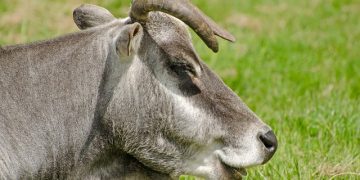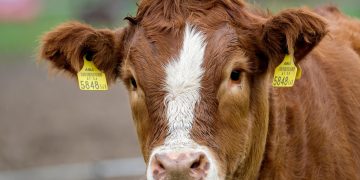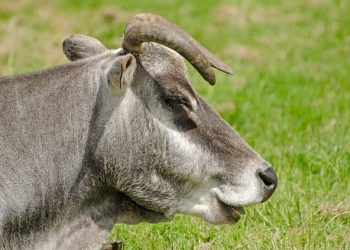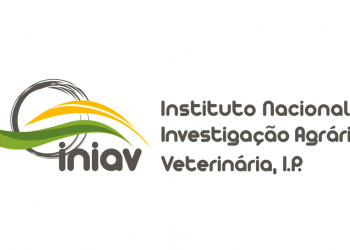(CN) — Scientists in Argentina have trained honeybees to more effectively pollinate sunflowers — a method they believe can also be applied to increase pollination rates for other valuable crops in the future.
The team trained colonies of bees to focus on a desired crop in much the same way an experienced tracker trains a bloodhound to narrow in on its quarry. By introducing the bees to an artificially created compound designed to mimic the natural smell of sunflowers, they were able to drive the bees to increase pollination of the desired crop, which they detail in a study published Thursday in the journal Current Biology.
By focusing the bees on a single target, researchers saw seed production increase between 29% and 57%. For valuable pollinator-dependent crops such as sunflowers, that’s a welcome productivity boost.
“We developed a simple synthetic odorant mixture that bees generalized (confused) with the natural floral scent of the sunflower, an economically important and highly pollinator-dependent crop in those cases in which hybrid seed production are required,” said Walter Farina, a professor in the department of biodiversity and experimental biology at the University of Buenos Aires in Argentina, in an email interview. “This procedure increased honeybee foraging activity in the sunflower crop fields studied and also improved significantly the yields of the treated plots.”
The first step required researchers to synthetically craft a scented compound mimicking the smell of sunflowers in the eyes, or rather noses, of bees. A sunflower contains over 300 naturally scented chemicals, so to create a passable facsimile the team had to determine which of those chemicals elicited the strongest “yep, that’s a sunflower” response from the bees. They eventually narrowed the choices down to three chemicals which did the job and which they could reproduce in a lab.
“We had tried with different combinations, beginning with the most relevant of the odorant profile but also we considered some others that might be relevant for honeybees,” Farina said. “Nevertheless, the final decision of which formulation to choose was made by the bees, when they showed that could not discriminate between the natural fragrance and the synthetic mimic odor.”
The team then tested these results by comparing their artificially created sunflower scent using the smell of jasmine as a control. Their results show that not only could they reliably trick the bees into seeking out the desired flowers, doing so increased pollination rates substantially. Instead of a flippant bunch of random foragers, you get with a mission-oriented hive targeting the crop of your choosing.
You also get dancing bees. Honeybees do the waggle dance to signal the presence of a food source to their nestmates (and yes, it’s exactly like it sounds). The waggle dance is a language of its own, allowing bees to relay to others key details about a valuable food source.
“The waggle dance or more commonly the honeybee dance is a conspicuous display performed by successful foraging bees into the nest,” Farina explained. “Through these maneuvers, bees inform to nestmates about the feeding place they discovered, indicating the distance and the direction of the profitable place. These excited movements attract many unemployed individuals to the dance surrounding and followers have the abilities to decode the special information but also incidental ones such as floral odors.”
Honeybee colonies have been decimated in recent years by agrochemicals, habitat destruction, pollution and a host of other factors. Without enough bees, vast swaths of commercial crops could go unpollinated and yields of dependent crops could revert back decades. This method could allow both beekeepers and farmers to continue pollinating the same areas with fewer available honeybees.
While the current research focused solely on sunflowers, the team behind it hopes to expand their focus to other important crops in the future. By mimicking the scents of other flowers these same gains could be replicated elsewhere.
“We are studying other pollinator-dependent crops such almond, pear and apple, with the aim to develop new odor mimics to achieve the same goal, that is to improve pollination efficiency in the target crop,” Farina said.
Farina believes future beekeepers could successfully apply this technique to improve their hives’ productivity while lessening the load on themselves.
“I think it is plausible, at least for beekeepers using their beehives for pollination services. This procedure promotes a high activity level of the colonies along the blooming period, and consequently strong colonies,” he said. “Moreover, if honeybees pollinate efficiently and faster a crop, it would be not necessary to stay prolonged periods in the crop fields.”
O artigo foi publicado originalmente em Courthouse News Service.



















































Discussão sobre este post